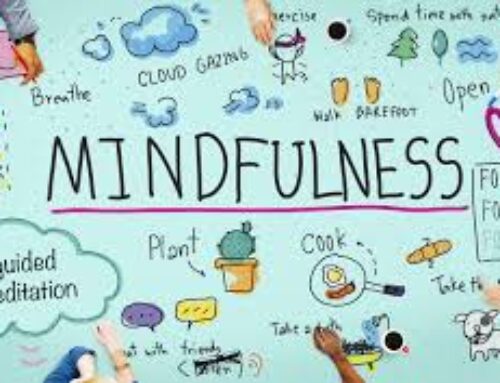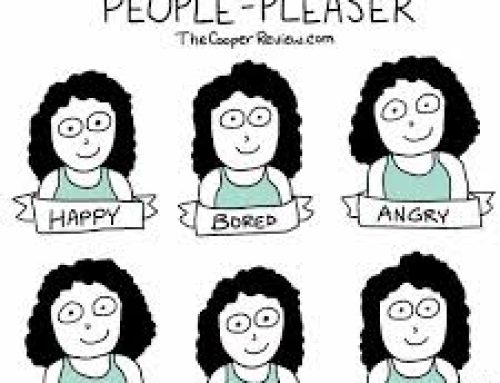
Since March of 2020, the Covid-19 pandemic has left many couples feeling anxious and uncertain about their wedding plans. In the beginning, we saw many people being forced to cancel or postpone weddings they had spent months or even years planning. As if planning a wedding isn’t stressful enough. Now couples continue to be faced with magnified stress, anxiety, uncertainty, fear, and frustration as they navigate how to plan a wedding in a pandemic.
While some couples are still dealing with the same issues while planning a wedding, most have likely been able to adapt their plans. Everyone was hopeful as things were finally starting to look better as vaccines were rolling out and mask mandates were being lifted. There was hope! And many 2020 couples were looking forward to their rescheduled events in 2021. While many continue to plan for their big wedding celebration, some are still making the decision to elope or have a micro-wedding. Whatever type of wedding you are planning, below are a few tools to use to with figuring out how do you plan a wedding in a pandemic.
Practice Boundaries
Everyone who is planning a wedding at some point deals with unsolicited advice. Whether it is about who should be added to the guest list, what kind of ceremony to have, whether kids should be invited or not, and now restrictions surrounding COVID; boundaries can be very helpful. Saying “thank you” to someone’s suggestion or “that’s something to consider”, is a way to validate their interest in being helpful, but allowing you to act or ignore it. Remember, this day is about you and your partner, and what you decide to do for your wedding day is a decision that the two of you should make together.
Stay Organized
While the future is uncertain and no one really ever knows what the future holds, getting organized and focusing on the things are able to control can help deescalate the anxiety you feel. People deal with stress in many different ways. Consider writing down game plan outcomes for different situations, making pro and con lists, and creating a list of your priorities to help provide perspective of what is important to you. This can draw your focus toward things that are more likely occur versus any frustrating change you might have to make.
Try Journaling
Journaling is a tool that many use to cope with anxiety. Some people have a hard time expressing their true feelings to others, but journaling can be a great way to voice fears and concerns and to help you understand your own feelings. Try writing down your ideas and get any uneasy feelings off your chest.
Consider Therapy
Couples can benefit greatly from either engaging in pre-marital counseling, couples counseling, or individual counseling to help them cope with many different emotions. Therapy can help with breaking down hard decisions into more realistic parts, processing through thoughts and plans, working on communication skills to help you talk with your partner, family members, and wedding guests, and coping with any of the extra stress that inevitably accompanies wedding planning.
Remember you have found the person you are committed to and want to spend the rest of your life with. That is the big picture headline. It is easy to get caught up in the planning process and lose sight of the meaning of your wedding day. There are likely compromises that will need to be made in any great plan; but consider this a time where you can start to develop your own traditions and be as unique and creative as you want. This day is all about you and your partner, and the decisions you make are reflective of the life you are choosing to spend together.
Madison Reese is an LCMHCA with The Mindly Group, PLLC.










